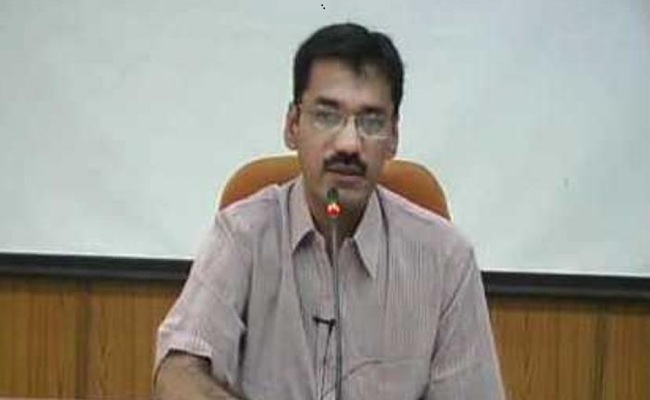
The sudden decision of senior IAS Syed Murtuza Rizvi to take voluntary retirement (VRS) from his service has created ripples across bureaucratic and political circles in Telangana.
Although Rizvi cited “personal reasons” for seeking retirement despite having nearly 10 years of service left, the move came close on the heels of a letter written by state excise minister Jupally Krishna Rao to chief secretary K Ramakrishna Rao, reportedly seeking action against the officer; leading to speculation about the real reasons behind his exit.
Jupally said Rizvi had applied for the VRS much before he had written a letter to the chief secretary, as the IAS officer had made up his mind to join a leading private hospital in Hyderabad as its Chief Executive Officer (CEO).
The controversy erupted after the minister’s letter to the chief secretary became public, soon after the government approved Rizvi’s VRS and the CS issued formal orders.
BRS working president K T Rama Rao alleged at a press conference that Rizvi resigned because he “refused to comply” with the minister’s directions.
“This is how, the Congress government is indulging in witch-hunt of sincere officers, just because they do not oblige to the corrupt practices of the ministers,” he alleged.
Rizvi, who joined the IAS decades ago, earned a reputation for integrity, diligence, and in-depth administrative understanding.
During the Congress government’s tenure, he simultaneously held the positions of Energy Secretary and CMD of both Transco and Genco, initiating several reform measures in the sector.
However, his sudden transfer after a short stint reportedly stemmed from his refusal to yield to political pressures.
Later, while serving in the commercial taxes and excise departments, he is said to have differed with the minister on several policy decisions.
Jupally complained to the chief secretary that the IAS officer was negligent in his duties, including label management, holographic labels, and compliance with ministerial orders.
He complained that despite repeated instructions on September 24, October 17, and December 24, 2024, and again during meetings chaired by the Chief Minister on January 11 and July 29, 2025, Rizvi and excise commissioner Harikiran had failed to act.
The details indicate clear differences between the minister and the bureaucrats handling the excise department.
Sources said Rizvi was known for maintaining detailed notings on files — clearly recording reasons for either approving or rejecting proposals.
Although Rizvi maintained that he sought VRS purely for personal reasons, insiders believe the minister’s direct complaint to the chief secretary placed the government in an awkward situation.














